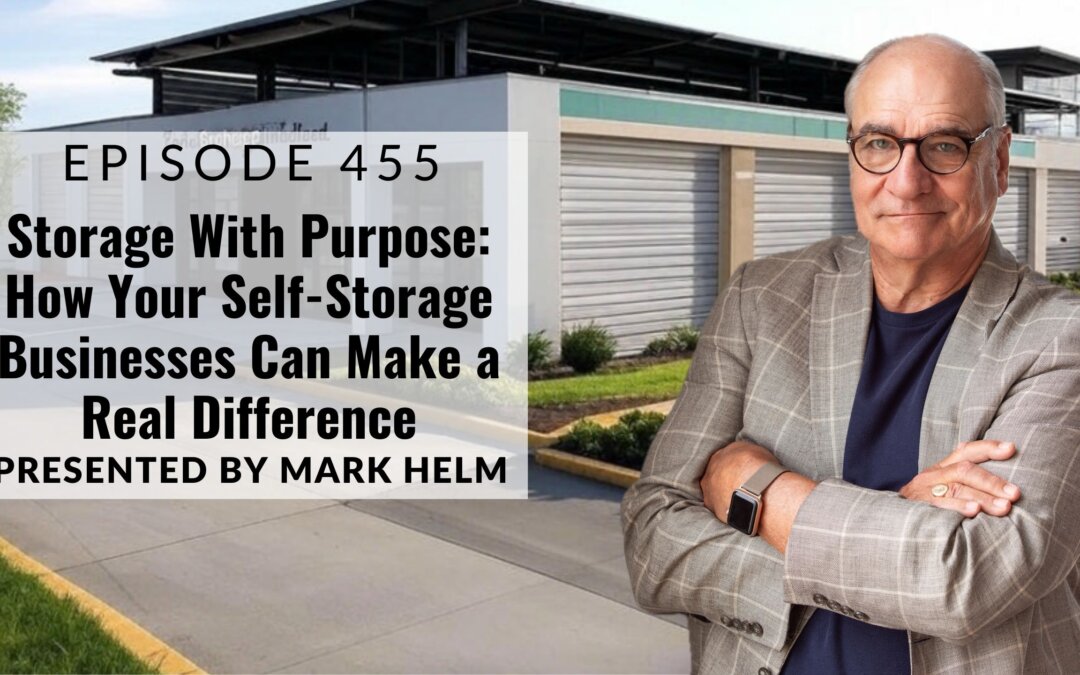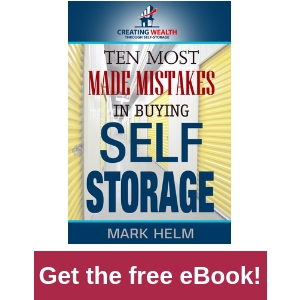Let’s talk about charity work and your self-storage business.
Everything I’m going to say here is just my opinion. But as business owners—especially those of us making a living in a particular trade area, city, or region—I believe we owe something back. We should contribute in some way as good corporate neighbors.
So, I suggest having some sort of charitable giving strategy in place.
I have some friends in Louisville who are apartment developers who have taken on perhaps one of the hardest groups as their focus: the homeless. They have purchased abounded hotels downtown and worked with the City to take a “Housing First” approach to combating homelessness and the associated issues.
Housing First: is an approach that prioritizes providing permanent, affordable housing to people experiencing homelessness, without requiring them to first address other issues like substance abuse or mental health problems.
It’s inspiring work. But I’ll be honest—our charitable strategy in the self-storage world wasn’t nearly as ambitious.
Still, no matter what you choose to do, I believe it’s important to have something. It positions you as a player in your community and someone who shows up beyond just collecting rent.
Examples of a Charitable Strategy in Self-Storage
First off—there’s no one-size-fits-all. No right or wrong.
If you have a national presence, often companies take on a cause. I owned a RE/MAX franchise for about 20 years. RE/MAX supported the Children’s Miricle Network, which benefits hospitals that care for seriously ill children. It was easy to organize fundraisers and events for a cause that resonates with so many. It’s probably much easier than my friends Chris and Mark, who tackle homelessness.
Other charities I have seen supported are organizations events like Toys for Tots, Animal Care Rescue, or organizations like Wounded Warriors.
With that said, in the self-storage companies I’ve owned and operated and the ones I am involved in now, we take a different approach.
I never felt we had a large enough footprint in any market to take on a national charity. Even though we owned facilities across the country, we weren’t dominating one specific metro area.
So, instead, we focused locally.
We looked at each facility’s trade area and supported nonprofits that served that specific community. And let’s be real—sometimes the margins in self-storage are tight, especially at smaller sites. We may not always have extra cash to cut checks, but we do have units.
So, here’s the charitable strategy we use: We allocate up to 3% of our square footage—or 3% of units—to be donated to local nonprofits at no cost.
- One nonprofit outfits homeless individuals with clothing for job interviews. They use two of our units as large closets—one for men, one for women. Folks can come in, try on clothes, and walk out ready to meet their future employer.
- We’ve given units to flood victims from within our trade areas so they had a place to store their belongings while their homes were being repaired.
- We’ve provided space to local nonprofit theaters for prop and costume storage.
The list goes on. The goal is simple: support those doing good work within the trade areas we serve.
We even allow the nonprofits to host events at our facilities.
How to Find the Right Nonprofits
What is the best way we’ve found to connect with worthy local organizations?
Join your local business organizations.
In every city or town where we’ve operated, we’ve joined the local chamber or business networking group. We attend events, set up booths at their expos, and connect with other business owners.
That’s where we meet the non-profits we end up supporting.
We build relationships, trade referrals, and create visibility in the community—not just as a business but as a business that cares.
Also, once a year, host a meeting or meal for that group at your facility. Even if they already meet elsewhere regularly, offer to provide lunch or dinner one time a year. Just show up in a meaningful way.
As you grow your self-storage business, be someone who makes a difference.
This is a great industry—and no matter how big or small your operation is, you can play a part in enriching the communities you serve.



